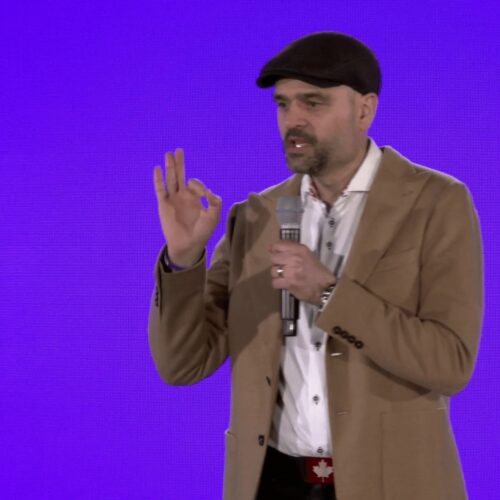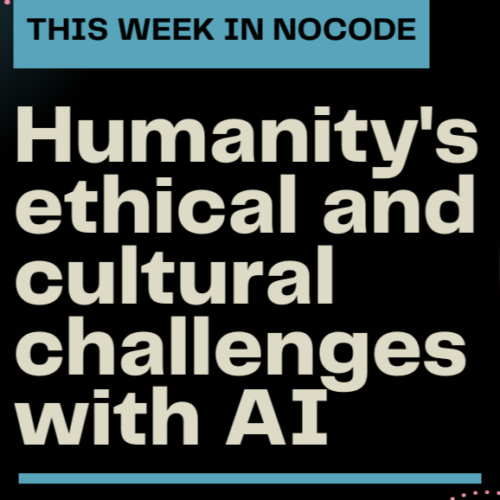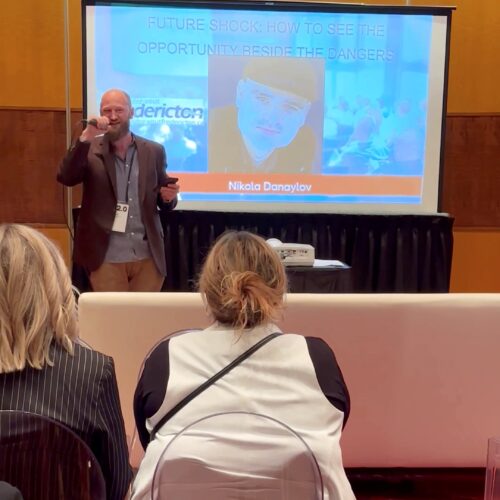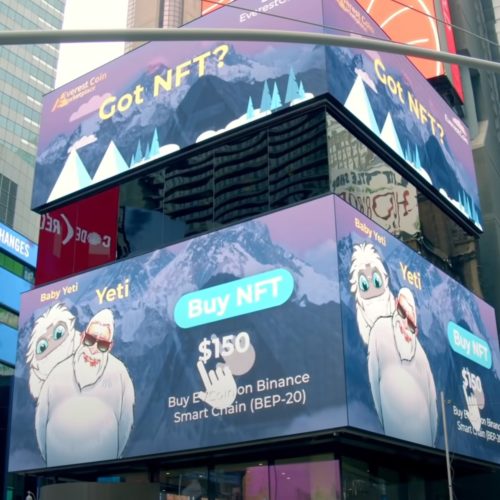Reason.TV: Too Much Copyright!
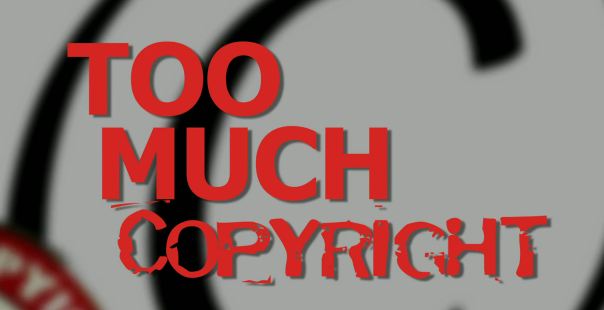
“This disconnect between the public’s view of copyright and fair use and what should and should not be prosecuted, versus the ‘copyright maximist’ view of the law, is our generation’s Prohibition,” says Ben Huh, CEO and founder of Cheezburger and a loud voice in the recent backlash to SOPA and PIPA, two congressional bills aimed at curbing internet piracy.
Copyright exists to “promote the useful arts” according to the Constitution. But is it still doing that? And should the government protect so-called “intellectual property” in the same way it protects other forms of property? Reason.tv posed these questions to Ben Huh, as well as a professor and a movie studio representative.
Tom Bell, a law professor specializing in property law, has serious reservations about attempts by groups like the Motion Picture Association of America (MPAA) to equate property and copyright through ad campaigns admonishing viewers with messages like, “You wouldn’t steal a car. Downloading pirated movies is stealing.”
“As soon as we start using [the word] ‘copyright’ for ‘property,’ we start taking less seriously our property rights for things like cars and houses,” says Bell. “When you steal a candy bar or a car, you’ve left somebody without something to eat or something to drive.”
But the MPAA’s head content protection counsel, Ben Sheffner, thinks that piracy is a major problem that needs to be stopped.
“If this kind of piracy is allowed to run rampant, it’ll deprive the public of the next great film,” says Sheffner.
So, if the purpose of copyright is to incentivize the creation of artistic works, is it still doing its job? The data points to today’s copyright regime doing little more than enriching the corporations with the strongest lobbyists.
“Is there a market failure in the production and dissemination of expressive works?” asks Bell. “I don’t there’s any risk that we’re going to run out of songs, or books, or movies, or software any time soon.”
While the MPAA and other entertainment industry trade groups have bemoaned the effects of rampant internet piracy on creative output, the numbers tell a different story. Research shows more music and books produced than ever before between 2005 to 2010, production of feature films growing by a factor of more than 4 in 14 years, and the number of video game companies exploding by a factor of 18 in the span of three years.
Still, the MPAA stands behind Chairman Chris Dodd’s statement, made in the heat of the SOPA battle, that the U.S. could look to China’s site-blocking laws as a positive example of anti-piracy regulation.
“If site blocking broke the internet, the internet would’ve been broken a long time ago,” says Sheffner. “There’s ways to implement these narrowly tailored remedies that really cut off these ‘worst of the worst’ web sites.”
Written and produced by Zach Weissmueller. Camera by Tracy Oppenheimer and Weissmueller. “The Day the LOLcats died” written and performed by LaughPong. Additional music:”Thomas Kinkade Pays His Respects to Walt Disney” by Der Christer Schytts; “Twinklebox” by Ephemetry; “Betty Boop” by Ergo Phizmiz; “Frog Legs Rag Tag” by James Scott; “Mickey Impression” by thehottestguy23.
Approximately nine minutes.
Related articles
- Copyright Was Just The Beginning: Cory Doctorow on the Coming War on General Computation
- Will 2012 Be 1984: DRM and SOPA are Breaking The Internet!


